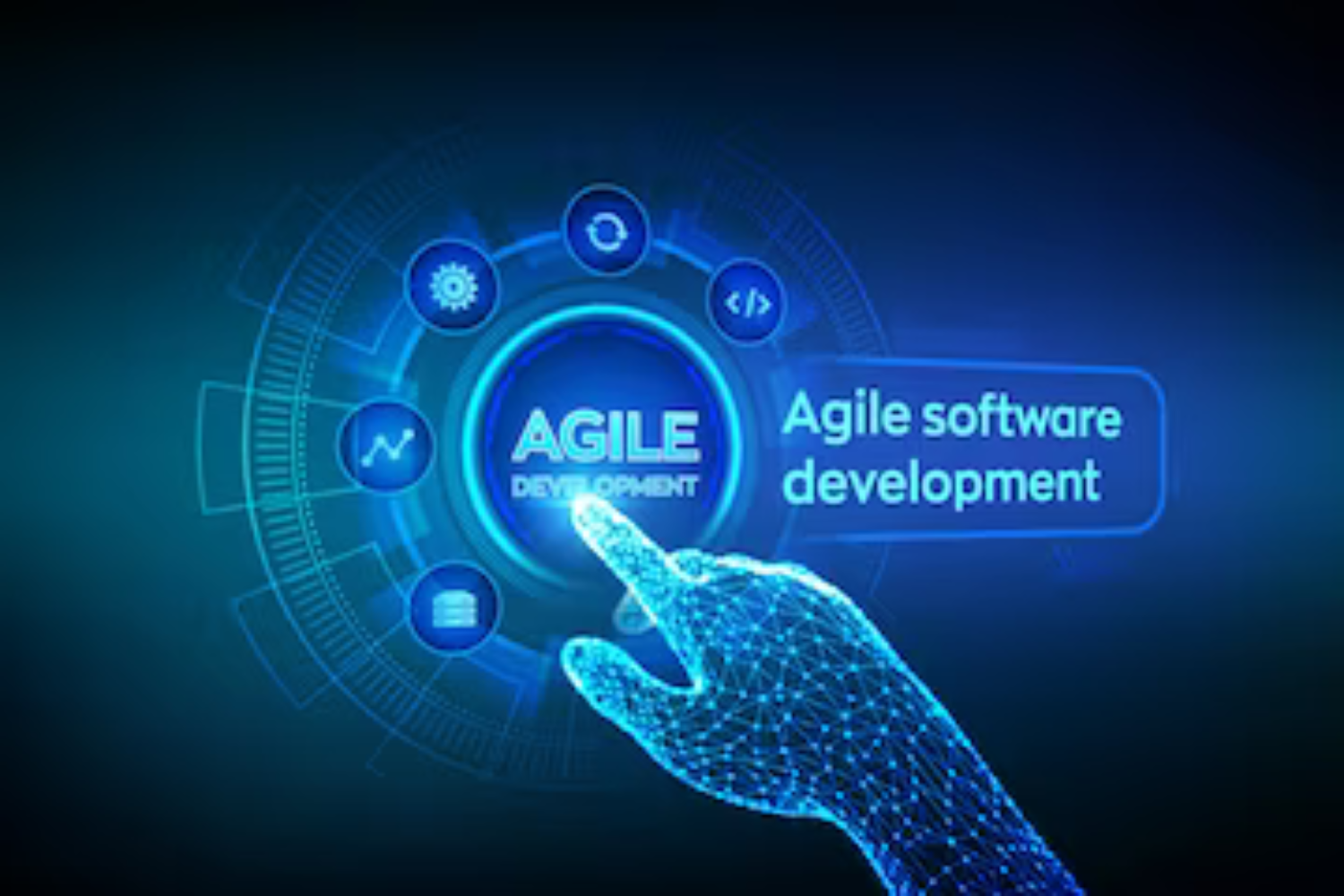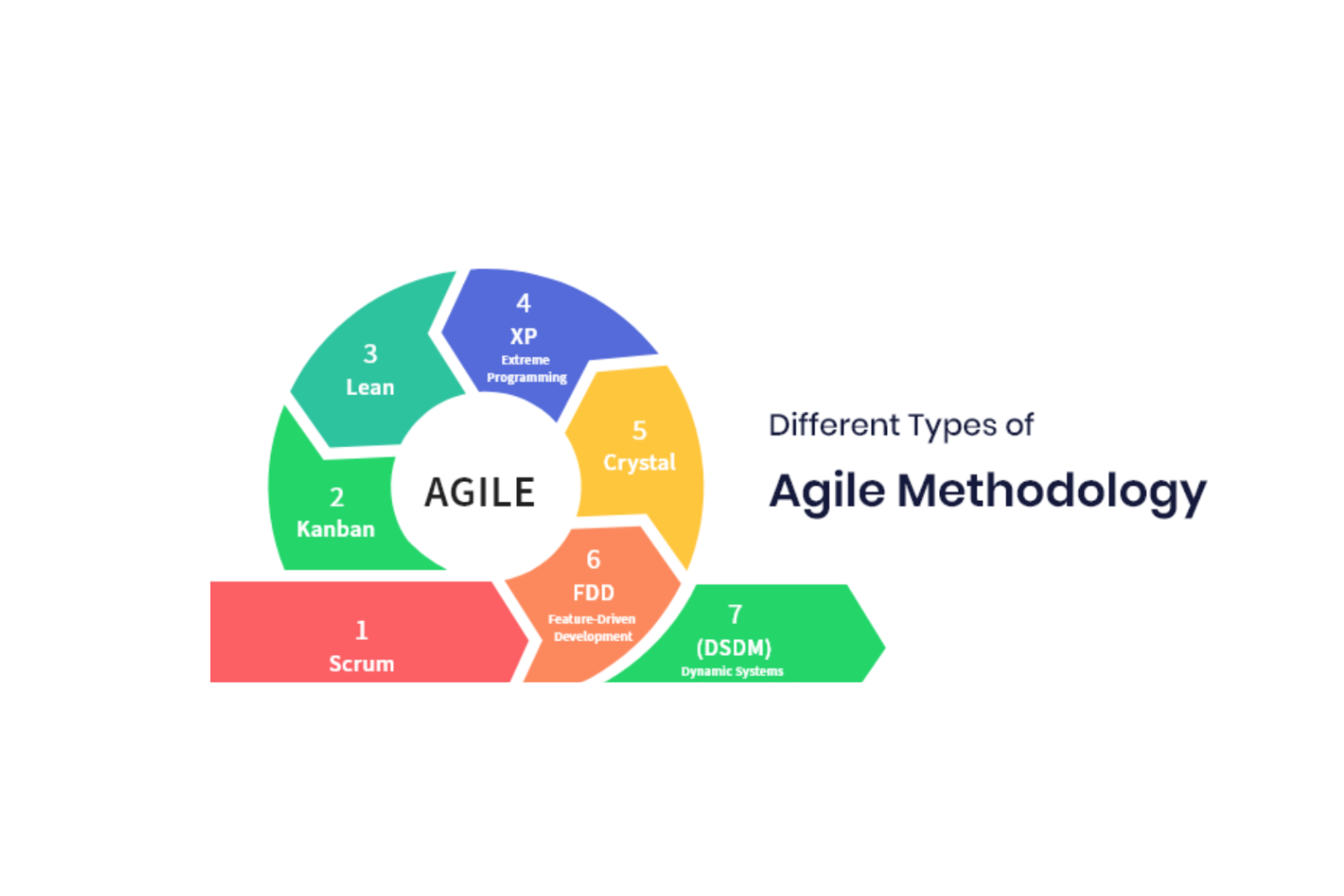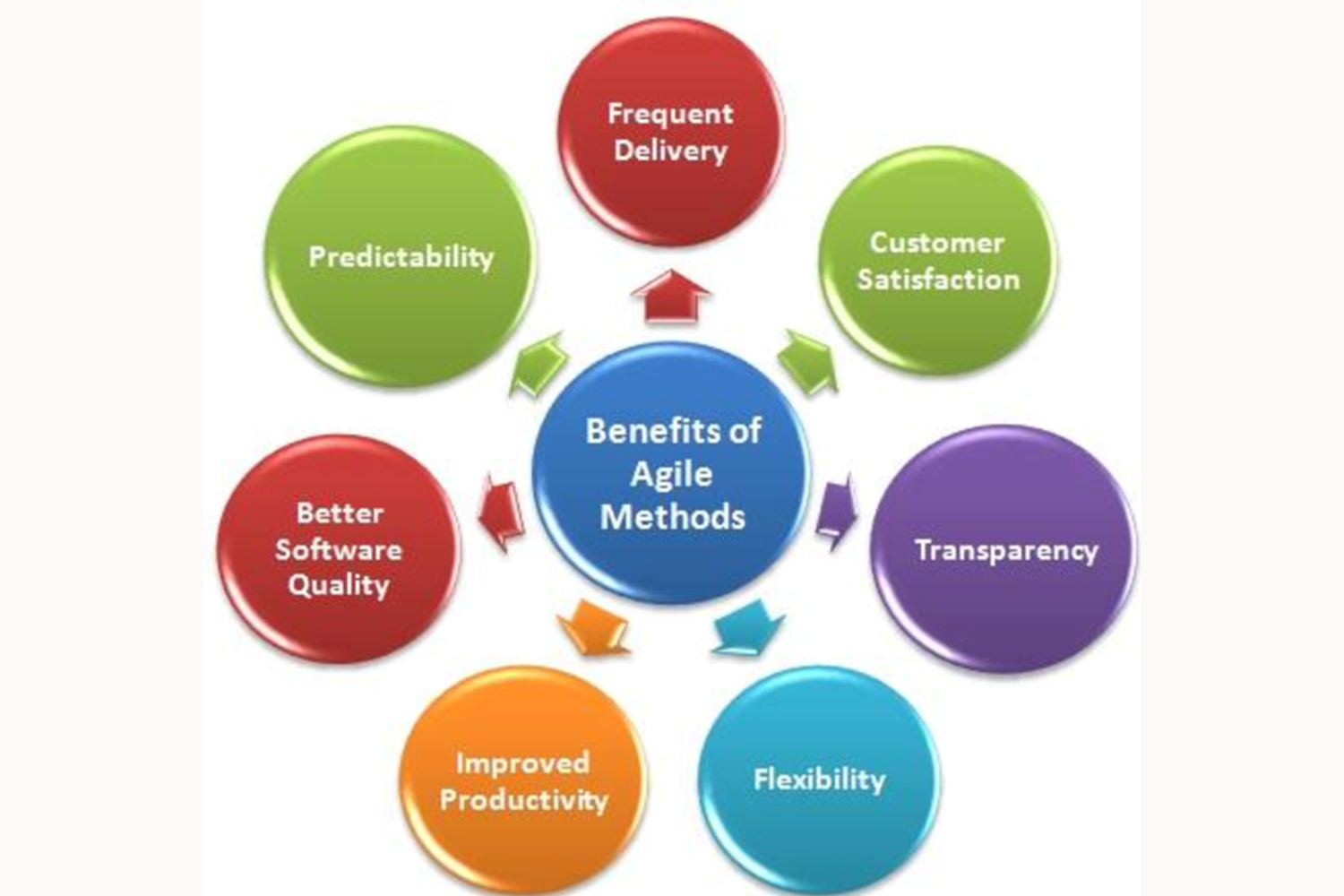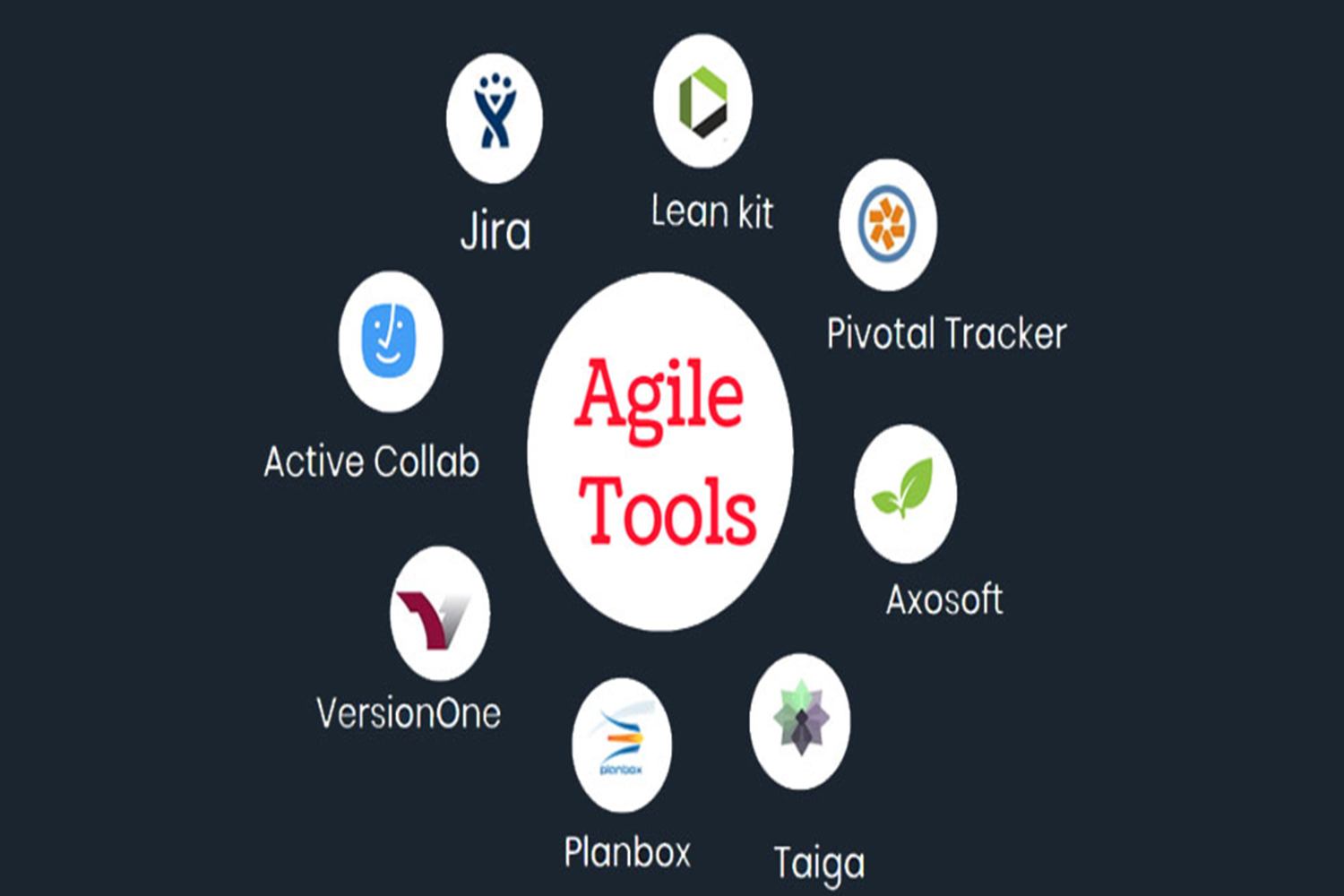
PROCESS ENGINEERING AGILE
Agile process engineering is a methodology that applies agile principles to the field of process engineering, focusing on flexibility, collaboration, and iterative improvement in designing, optimizing, and managing processes to meet evolving business needs.
FUNDAMENTALS OF PROCESS ENGINEERING IN AGILE
TYPES OF PROCESS ENGINEERING IN AGILE
In Agile, process engineering can take various forms, including:
Scrum: A well-defined framework with fixed-length iterations (sprints) for managing work.
Kanban: A flow-based system that visualizes work and focuses on limiting work in progress.
Lean Agile: Incorporates Lean principles to minimize waste and maximize value delivery.

DevOps: Integrates development and IT operations to streamline the software delivery process.
SAFe (Scaled Agile Framework): A framework for large organizations to scale Agile practices across multiple teams and projects.
XP (Extreme Programming): Focuses on engineering practices, such as test-driven development and pair programming.
Agile Hybrid Models: Customized approaches that combine elements of different Agile methodologies to suit specific needs.
Each type of Agile process engineering has its own strengths and is chosen based on the specific requirements and context of a project or organization.
ROLE OF PROCESS ENGINEERING IN AGILE
The role of process engineering in Agile is to continuously design, optimize, and manage processes to enhance efficiency, adaptability, and customer value, using Agile principles to guide iterative improvements.

BENEFITS OF PROCESS ENGINEERING IN AGILE
1. Flexibility: Easily adapt to changing requirements and market conditions.
2. Efficiency: Streamline processes to reduce waste and improve productivity.
3. Customer-Centric: Prioritize customer needs for higher satisfaction.
4. Continuous Improvement: Iteratively enhance processes for ongoing success.

5. Collaboration: Foster teamwork and open communication for better outcomes.
6. Quality: Focus on delivering high-quality results to stakeholders.
7. Adaptability: Embrace change and respond swiftly to challenges.
8. Transparency: Enhance visibility into processes for better decision-making.
9. Measurable Results: Use data to track progress and measure the impact of improvements.
10. Competitive Advantage: Stay agile and gain an edge in a dynamic business environment.
JOB ROLES PROCESS ENGINEERING IN AGILE
Key job roles in Agile process engineering include:
Scrum Master
Product Owner
Agile Coach: Business Analyst
Quality Assurance Analyst
Process Engineer
Release Manager
DevOps Engineer
Data Analyst
Project Manager
SALARY
Salary is between 13LPA o 35LPA.
TECHNOLOGIES OF PROCESS ENGINEERING IN AGILE
Technologies used in Agile process engineering include:
Agile Project Management Tools: Jira, Trello, or Asana for task tracking.
Version Control Systems: Git for code management.
Continuous Integration/Continuous Deployment (CI/CD) Tools: Jenkins, Travis CI for automated software delivery.
Collaboration Tools: Slack, Microsoft Teams for team communication.

Kanban Boards: Trello, Kanbanize for visualizing work.
Automated Testing Tools: Selenium, JUnit for quality assurance.
Metrics and Analytics Tools: Google Analytics, New Relic for performance and usage data.
Cloud Services: AWS, Azure for scalable infrastructure.
Containerization and Orchestration Tools: Docker, Kubernetes for managing containers.
Documentation and Knowledge Sharing: Confluence, Wiki for documentation and sharing information.
COURSE HIGHLIGHTS
1.Suited for students, fresher’s, professionals, and corporate employees
2. Live online classes
3. 4-Month program
4. Certificate of completion
5. Decision Oriented Program of Analysis
6. Live Classes by highly experienced faculties
7. Hands-on experience with real-life case studies

CONCLUSION
In conclusion, Agile process engineering is a dynamic approach that empowers organizations to adapt, optimize, and continually improve their processes. It fosters collaboration, customer-centricity, and flexibility, ultimately leading to increased efficiency, customer satisfaction, and a competitive edge in today’s rapidly changing business landscape.

